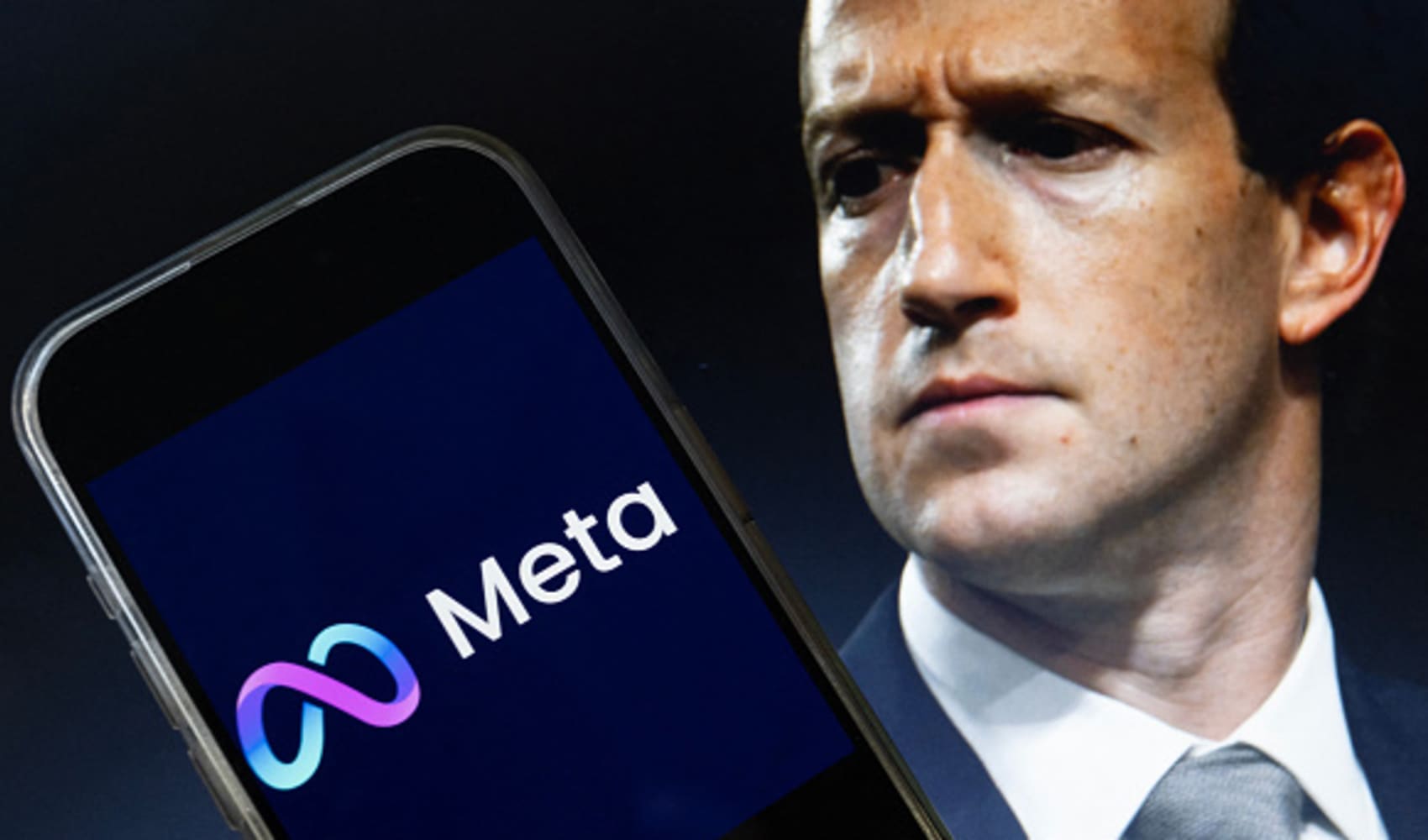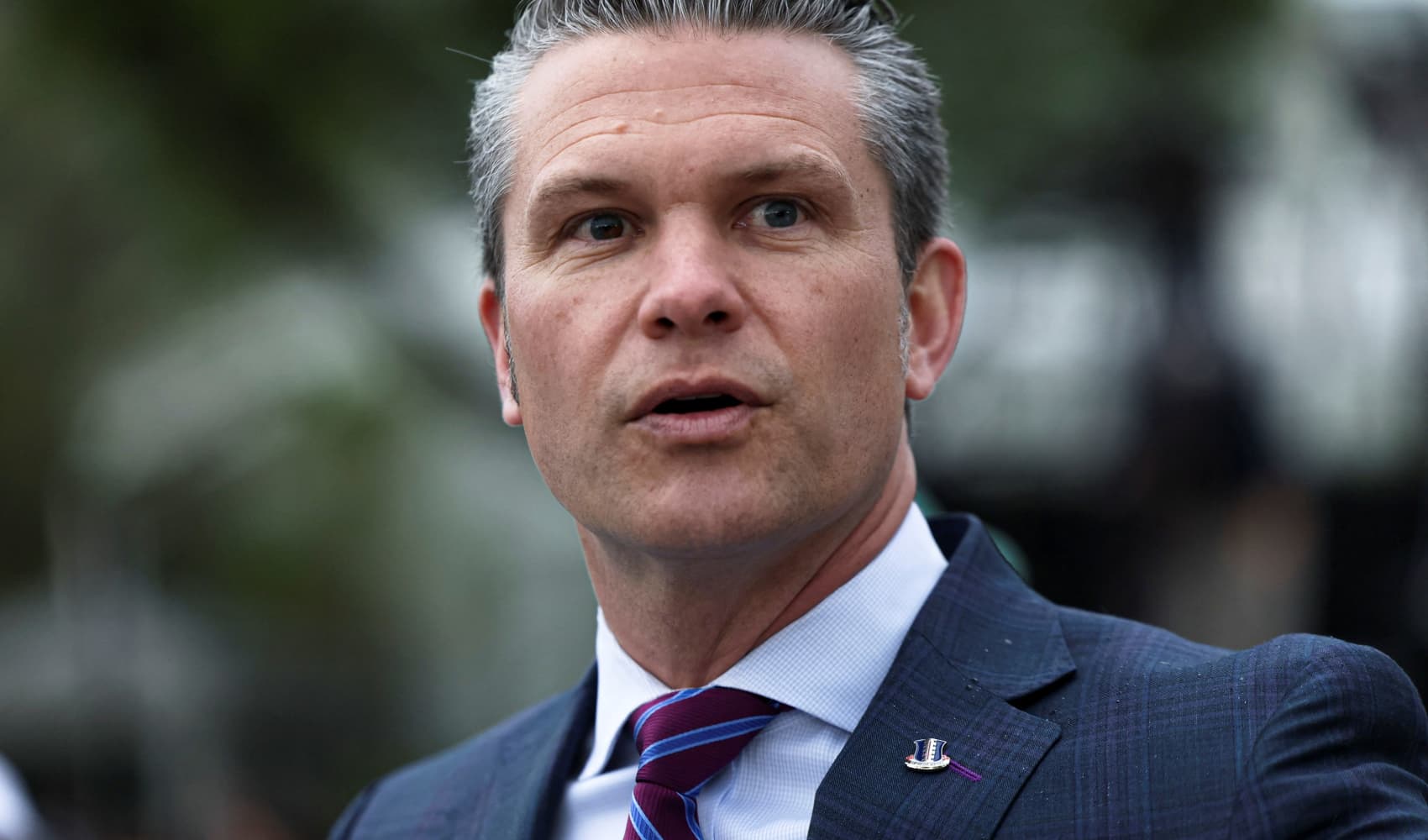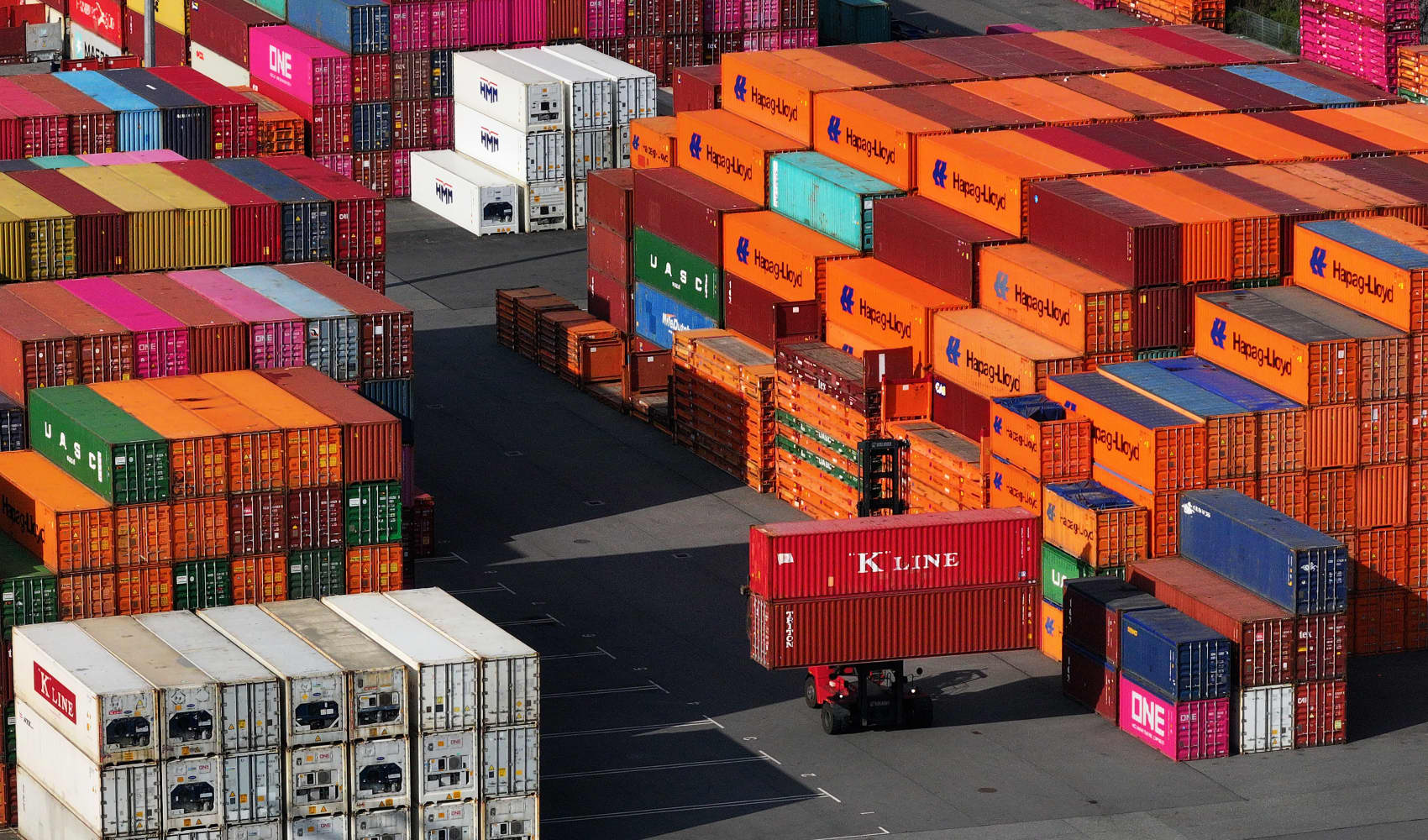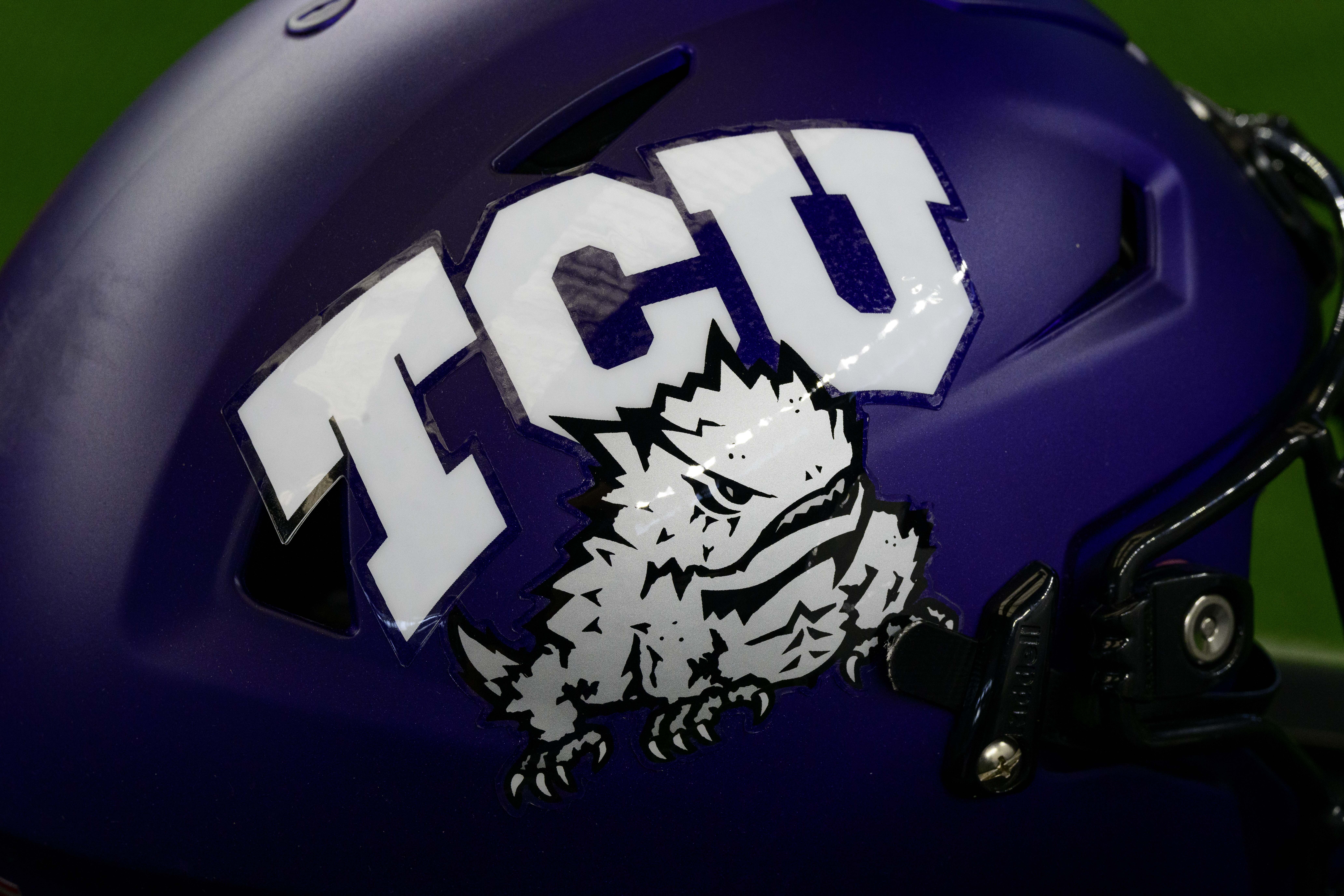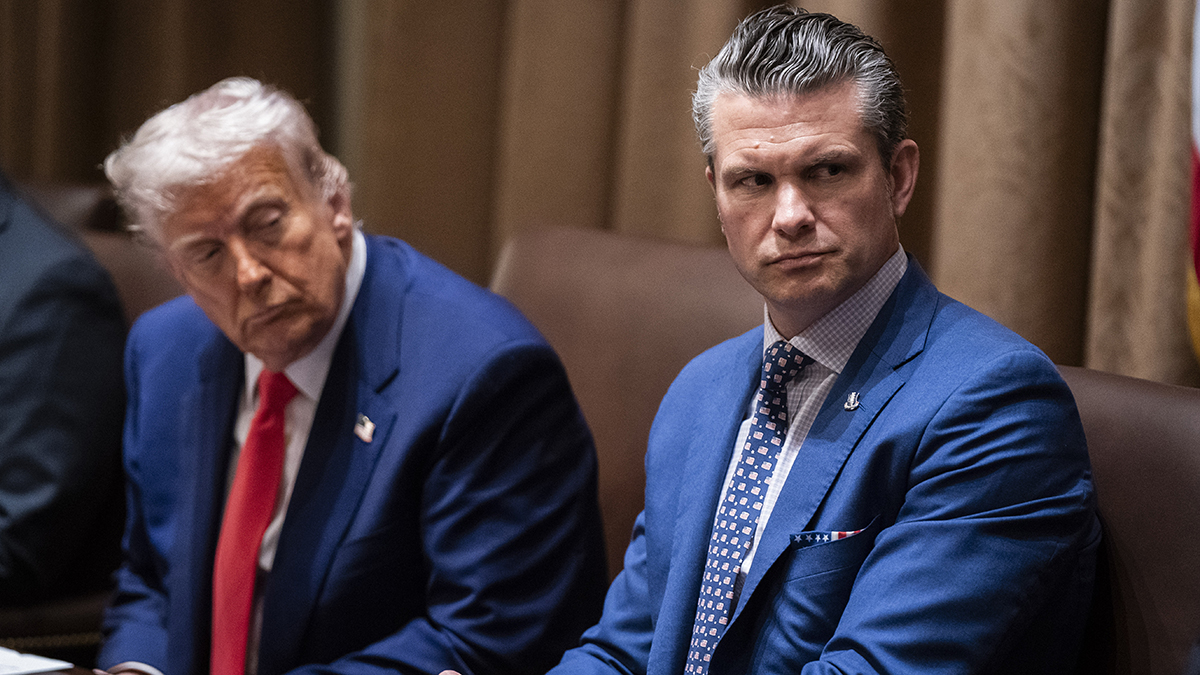Trump's Tariffs: Meta Faces $7 Billion Ad Revenue Hit?
Trump Tariffs Threaten Meta's Empire: A $7 Billion Ad Revenue Plunge?
Introduction: Is Meta About to Feel the Tariff Pinch?
Hold on to your hats, folks, because the tech giant Meta, the parent company of Facebook, Instagram, and WhatsApp, might be staring down the barrel of a serious financial hit. We're talking billions, not just pocket change. A recent analysis suggests that Meta could lose a staggering $7 billion in advertising revenue this year. Why? You ask? Well, buckle up, because we're diving deep into the potential impact of former President Donald Trump's proposed tariffs on Chinese goods and how they could ripple through Meta's seemingly invincible empire. Could this be a blip on the radar, or a sign of deeper vulnerabilities?
The $7 Billion Question: Where Did This Number Come From?
So, where did this eye-watering $7 billion figure come from? It stems from a research note published by MoffettNathanson, a respected research firm in the media and communications sector. They took a hard look at Meta's financial reports and potential scenarios, concluding that Trump's tariff policies could have a significant chilling effect on advertising spending, specifically from Chinese retailers.
MoffettNathanson's Analysis: The Key Insight
The core of their argument revolves around the idea that tariffs on Chinese goods will hurt the profitability of Chinese retailers selling products in the US. If those retailers make less money, logically, they'll have less to spend on advertising, right? And where do many of these retailers spend a significant portion of their ad budgets? Meta's platforms, of course.
China's Advertising Powerhouse: A Significant Slice of Meta's Pie
Meta's latest annual report revealed something quite telling: China-linked revenue amounted to $18.35 billion in 2024, representing a little over 11% of their total sales. That's not an insignificant chunk of change! So, even a small percentage drop in ad spending from this region could have a noticeable impact on Meta's bottom line. Think of it like this: if you’re baking a cake, and you remove 11% of the ingredients, you’ll notice the difference in the final product.
The Culprits: Temu and Shein Under the Microscope
The MoffettNathanson analysts specifically pointed to retailers like Temu and Shein as key players in this scenario. These fast-fashion and e-commerce giants have taken the US market by storm, offering incredibly low prices on a vast range of products. But their business models rely heavily on manufacturing in China and shipping directly to consumers. So, Trump's proposed tariffs could significantly increase their costs, forcing them to either raise prices (potentially losing customers) or cut back on expenses, including advertising.
Temu's Meteoric Rise: Can It Weather the Tariff Storm?
Temu's rapid growth has been nothing short of phenomenal. They've poured massive amounts of money into advertising on platforms like Facebook and Instagram to acquire new customers. The question is, can they sustain that level of spending if tariffs start to bite?
Shein's Fast-Fashion Dominance: A Vulnerable Business Model?
Shein, similarly, relies on a supply chain heavily rooted in China. Their ultra-fast-fashion model demands quick turnaround times and low prices. Tariffs could disrupt this delicate balance, impacting their ability to compete effectively.
Trump's Tariff Plan: What's Actually on the Table?
Exactly what tariffs Trump might implement if re-elected remains to be seen, but he has floated the idea of imposing tariffs on all Chinese goods entering the United States. The specifics are still hazy, but the potential implications are clear: higher prices for consumers, reduced profitability for retailers, and a ripple effect across the global economy.
The Advertising Ecosystem: How Tariffs Can Disrupt the Flow
Imagine the advertising ecosystem as a river. Money flows from retailers to ad platforms like Meta, then flows back to consumers through targeted ads, which hopefully leads to purchases. Tariffs act like dams, slowing down the flow of money and disrupting the entire system. Retailers have less money to spend on ads, Meta earns less revenue, and consumers might see fewer deals, or have to pay more for the items that interest them.
Meta's Options: What Can They Do to Mitigate the Risk?
So, is Meta simply sitting back and waiting for the tariff storm to hit? Probably not. They likely have several strategies they could employ to mitigate the risk. But what are they?
Diversifying Revenue Streams: Beyond Advertising
One option is to further diversify their revenue streams. While advertising remains their bread and butter, Meta has been investing heavily in areas like the metaverse and AI. Could these new ventures help offset potential losses in advertising revenue? It's a possibility, but they are unlikely to be quick fixes.
Focusing on Other Markets: Expanding Beyond China
Another strategy could be to focus on growing their user base and advertising revenue in other markets. While China is a significant player, Meta has a global reach, and there are plenty of other regions with growth potential.
Negotiating with Retailers: Finding Win-Win Solutions
Meta could also work with Chinese retailers to find creative solutions that minimize the impact of tariffs. This could involve offering discounted ad rates, providing specialized targeting options, or helping them optimize their ad campaigns to achieve better results with smaller budgets. But it also may not be enough.
The Broader Economic Impact: A Domino Effect?
The potential impact of Trump's tariffs extends far beyond Meta and Chinese retailers. If implemented broadly, they could trigger a trade war, disrupt global supply chains, and ultimately lead to higher prices for consumers around the world. Think of it like a domino effect: one small push can trigger a chain reaction with far-reaching consequences.
Beyond the Headlines: The Importance of Context
It's important to remember that these are just projections based on a specific set of assumptions. The actual impact of Trump's tariffs could be higher or lower than $7 billion, depending on various factors, including the specifics of the tariff plan, the response of Chinese retailers, and the overall state of the global economy. This is more of a weather forecast, not a guarantee of rain.
The Political Landscape: Uncertainty Reigns Supreme
Ultimately, the fate of Meta's advertising revenue hangs in the balance, dependent on the outcome of the upcoming US presidential election and the trade policies that follow. One thing is certain: the coming months will be filled with uncertainty and volatility in the tech and retail sectors.
Conclusion: Meta's Resilience Will Be Tested
Meta's potential $7 billion hit is a stark reminder of the interconnectedness of the global economy and the potential impact of political decisions on even the largest tech companies. While Meta is undoubtedly a resilient company with diverse revenue streams, Trump's proposed tariffs pose a significant challenge. The company's ability to adapt and innovate will be crucial in navigating this uncertain landscape and mitigating the potential financial fallout. Whether they can turn lemons into lemonade remains to be seen, but one thing is certain: the coming year will be a crucial test of Meta's resilience and adaptability.
Frequently Asked Questions
Here are some frequently asked questions about the potential impact of Trump's tariffs on Meta:
Will Meta definitely lose $7 billion in ad revenue?
No, the $7 billion figure is a projection based on current analysis from MoffettNathanson. The actual impact could be higher or lower depending on various factors, including the specifics of any implemented tariffs, the response of affected retailers, and the overall health of the global economy.
Which retailers are most likely to reduce their advertising spending on Meta?
Retailers heavily reliant on Chinese manufacturing and direct-to-consumer sales, such as Temu and Shein, are considered the most vulnerable. They operate on thin margins, and increased costs from tariffs could force them to cut back on marketing expenses.
What can Meta do to offset the potential loss of advertising revenue?
Meta can focus on diversifying its revenue streams beyond advertising, expanding its user base and advertising revenue in other markets, and working with affected retailers to find mutually beneficial solutions.
How will these tariffs affect consumers?
Tariffs could lead to higher prices for consumers on a variety of goods, particularly those imported from China. This could reduce consumer spending and have a negative impact on the overall economy.
Are other social media platforms at risk as well?
Yes, any social media platform that relies on advertising revenue from Chinese retailers could be affected. The impact may vary depending on the platform's user base and revenue sources, but the potential for disruption is present across the industry.
